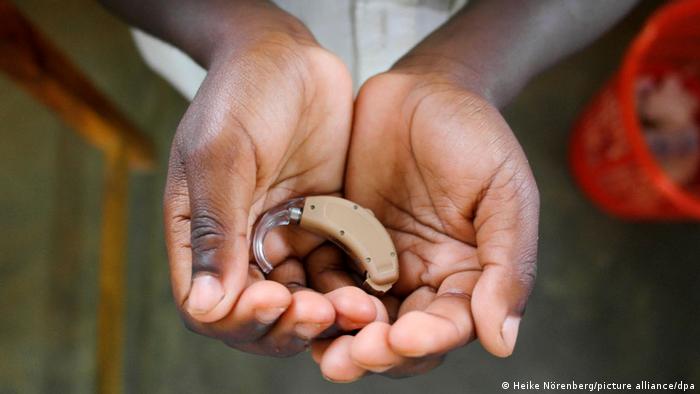DOCTORS across England have been put on alert for signs of deadly camel flu among Three Lions fans returning from the World Cup.
The UK Health Security Agency has urged clinicians to look out for people suffering from a fever and breathing difficulties.
Nearly 1,000 people have died from camel flu – or Middle Eastern Respiratory Syndrome (MERS) – in recent years.
And cases could now rise due to the huge numbers of fans who flocked to Qatar for the World Cup and who may have been exposed to camels.
MERS is far deadlier than Covid 19 – more than a third of people who catch it die compared to less than 4% of Covid sufferers.
The briefing note sent out by the HSA states: “Clinicians and public health teams should specifically be alert to the possibility of MERS in returning travellers from the World Cup.
“The risk of infection to UK residents is very low but may be higher in those with exposure to specific risk factors within the region – such as to camels.
“MERS can be acquired from close contact with camels or from consuming camel products e.g., unpasteurised camel milk.”;;
It also warns of “person-to-person transmission”;; and says that there have already been two cases reported in Qatar this year, both of which had been exposed to camels.
There have been 2,600 cases between April 2012 and October 2022 in 12 Eastern Mediterranean and Middle Eastern countries.
Of those, 935 people, or 36%, died.
Some who catch it show no symptoms but others will suffer from a fever, cough, breathing difficulties, diarrhoea and vomiting.
Camel riding is a popular pastime in Qatar among both locals and tourists and a herd regularly patrols the seafront promenade close to the England team’s Souq Al Wakra Hotel base.
The Sun told before the tournament how fans had been warned to stay away from the animals for fear of catching the deadly disease.
Prof Paul Hunter, of the University of East Anglia, said: “Fans should steer clear of camels in Qatar.
“That’s the common sense advice to reduce the risk of contracting the virus.
“It’s a nasty bug, much deadlier than Covid-19 with a very high mortality rate, and there is currently no effective vaccine.”;;
As of last night there have been no confirmed cases of camel flu among returning England fans.
The routine briefing note was issued to directors of public health and directors of infection prevention and control across the NHS as the group stage reached its climax.




